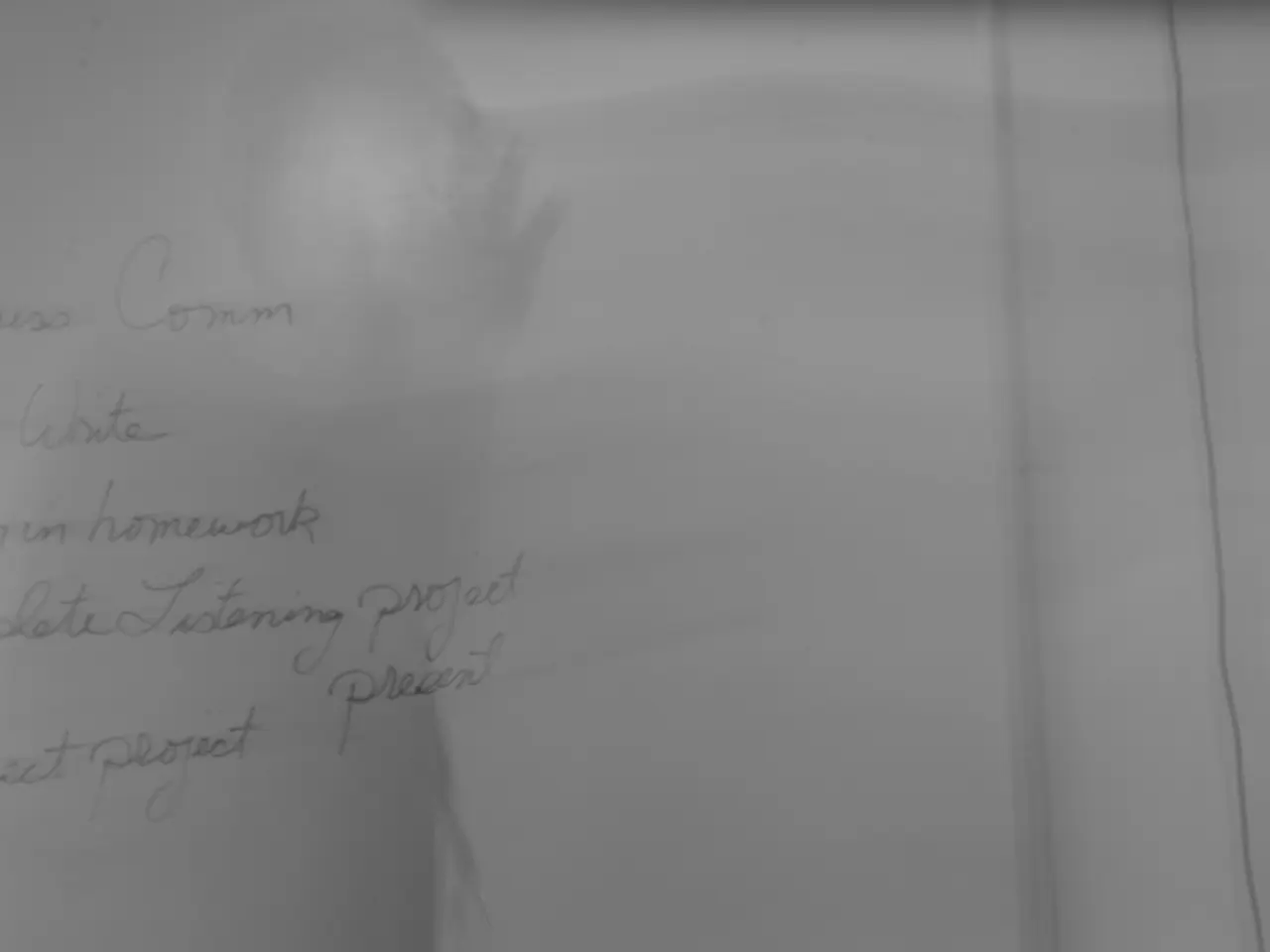Unfair Criticism: Managing Constructive Feedback That Seems Unjust
In the professional world, receiving unfair feedback can often feel like a setback. However, leadership coach Angela Justice argues that such feedback, when approached with the right mindset, can be a valuable tool for personal and professional growth.
Justice emphasises that unfair feedback often strikes a nerve, touching on deeper aspects like our values or sense of identity. This emotional response is significant and warrants exploration, rather than dismissal.
When faced with unfair feedback, Justice advises against becoming defensive. Instead, she recommends approaching the situation with curiosity and reflection. By doing so, we can uncover any gaps between how we intend to be perceived and how we are actually coming across.
Even if the critique is inaccurate or poorly delivered, there may be useful signals or areas for improvement hidden within it. The key is to transform the sting of unfair feedback into traction for personal and professional growth, rather than letting it define us or simply brushing it off.
Justice suggests several strategies for dealing with unfair feedback effectively. First, she recommends staying composed and listening fully without immediately defending oneself. Next, she advises reflecting on the feedback to identify any valuable insights.
Using the input to clarify your message and sharpen your impact is another crucial step. Justice encourages turning emotional reactions into constructive progress, rather than rejecting or accepting feedback at face value.
Experimenting with leading with shared goals before surfacing concerns can make them more likely to be heard as constructive. If one's quietness is perceived as disengagement, or independence as aloofness, they have the option to clarify their intent or adjust their behaviour.
Treating feedback like data instead of a verdict can help in noticing patterns. Pausing to ask "Why might this have landed the wrong way?" can help in understanding the feedback better. Asking oneself questions like "What perception might I want to shift?", "What context might be missing?", and "What next move would better align how I want to be seen with how I'm showing up?" can help avoid getting stuck in difficult feedback.
Justice's approach leverages unfair feedback as a tool for leadership development and alignment rather than a source of discouragement. By adopting this mindset, we can turn the sting of difficult feedback into traction for personal growth.
- Angela Justice, the leadership coach, suggests transforming unfair feedback into a tool for personal and professional growth by treating it as data.
- In the realm of education-and-self-development, Justice recommends using insightful feedback to clarify one's message for a greater impact, promoting personal growth.
- To foster a more positive workplace-wellness and health-and-self-wellness, Justice encourages employees to approach unfair feedback with curiosity and reflection, leading to valuable career advice.




